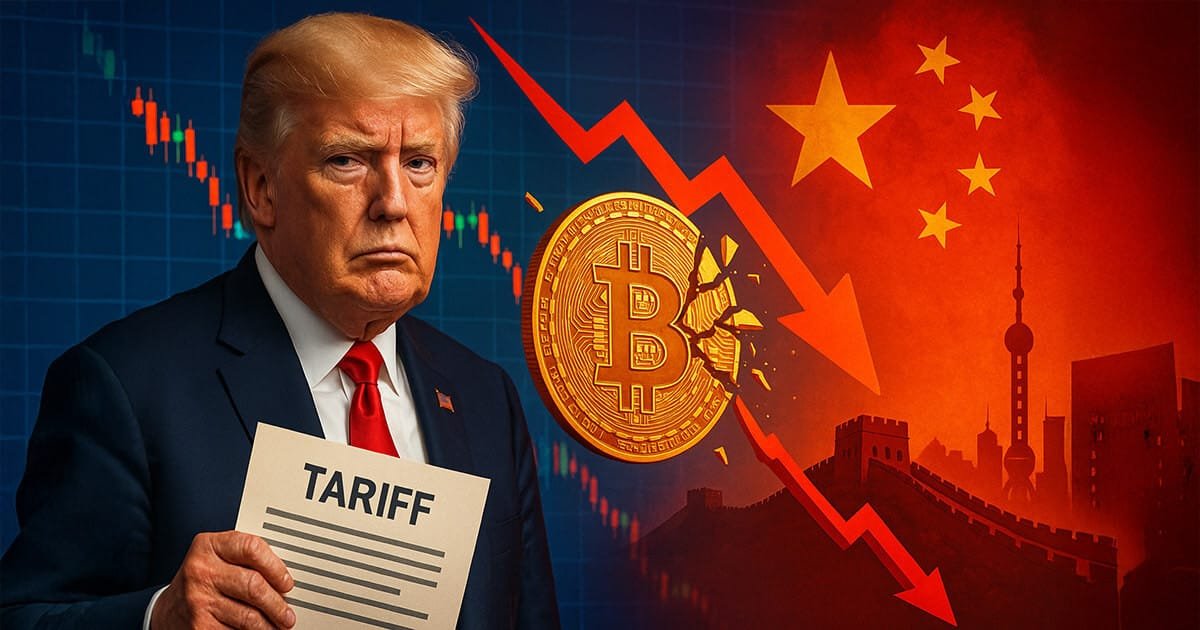By the end of this decade, roughly 25% of companies in the S&P 500 are likely to have Bitcoin as part of their balance sheets, according to a tech-focused financial expert. The fear of missing out on Bitcoin’s potential gains is pushing treasury managers to consider the asset, with concerns that ignoring it could put their jobs at risk.
“I expect that by 2030, a quarter of S&P 500 firms will hold BTC as a long-term asset,” said Elliot Chun, a partner at Architect Partners, in a blog post published on March 28.
According to Chun, corporate treasuries will increasingly experiment with Bitcoin to avoid being left behind.
“If you take the risk and it pays off, you’re seen as a visionary. If it doesn’t work out, at least you tried. But failing to try at all, without a solid reason, could be a career-ending decision,” he explained.
Currently, MicroStrategy leads as the largest corporate holder of Bitcoin among the 89 publicly traded firms with BTC in their reserves, per data from BitcoinTreasuries.NET. Meanwhile, GameStop may soon join the list after its recent $1.3 billion convertible notes offering, which it plans to use for its first Bitcoin purchase.
As of now, Tesla and Block are the only S&P 500-listed firms with Bitcoin holdings. For Chun’s prediction to materialize, at least 123 more companies from the index would need to follow suit by 2030.
Bitcoin’s Long-Term Price Outlook
Prominent investors and executives continue to bet on Bitcoin’s future growth. Some, including ARK Invest’s Cathie Wood, Galaxy Digital’s Mike Novogratz, Coinbase’s Brian Armstrong, and Block’s Jack Dorsey, anticipate BTC could surge to between $500,000 and $1,000,000 or more by the end of the decade.
Companies adopting Bitcoin as part of their treasury strategies have already seen significant stock performance boosts. MicroStrategy, for example, has recorded a staggering 2,000% gain since it first invested in Bitcoin on August 20, 2020—far outpacing Bitcoin’s own 781.1% growth and the S&P 500’s 64.8% increase over the same period.
However, Chun warns that not every company will achieve similar success. There’s a clear distinction between firms using Bitcoin as a treasury hedge and those fundamentally reshaping their business around it.
“Companies looking to mimic MicroStrategy’s success may be setting themselves up for disappointment,” Chun cautioned, describing the firm as a unique case.
Initially, MicroStrategy provided U.S. asset managers indirect Bitcoin exposure at a time when they couldn’t hold the asset directly. That changed after the SEC approved multiple spot Bitcoin ETFs on January 10, 2024.
Bitcoin as a Treasury Asset
Despite growing adoption, Bitcoin’s role as a corporate treasury asset remains debated. Some view it as a hedge against inflation and currency devaluation, while others see it as a risky bet with an uncertain long-term impact.
That said, Bitcoin offers more flexibility than gold, Chun pointed out. Unlike gold, which requires storage and transportation, Bitcoin is a digital asset that is GAAP-recognized as a tangible, liquid, and fungible commodity.
In line with this trend, Bitwise recently introduced the Bitwise Bitcoin Standard Corporations ETF, designed to track companies holding at least 1,000 Bitcoin in their treasuries.
For more news, find me on Twitter Giannis Andreou and subscribe to My channels Youtube and Rumble
What is your opinion on this particular topic? Leave us your comment below! We are always interested in your opinion!









